Earth

Educators and Parents, Sign Up for The Cheat Sheet
Weekly updates to help you use Science News Explores in the learning environment
Thank you for signing up!
There was a problem signing you up.
-
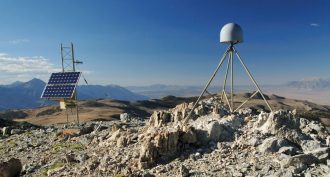 Earth
EarthThirst for water moves and shakes California
Here’s a scary cost to pumping up groundwater to slake the thirst of crops in California’s Central Valley: It may uplift nearby mountains and trigger tiny earthquakes, experts find.
-
 Earth
EarthDon’t let the bedbugs bite
A trio of teens has found a nontoxic way to stop bedbugs dead in their tracks. The method relies on a mesh of fibers that a bug can step into easily — but never leave.
By Sid Perkins -
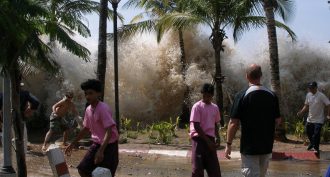 Oceans
OceansDigging a trench to stop a tsunami
Boyd Kane built his own wave tank to study tsunamis and how he might change the seafloor to stop their advance.
-
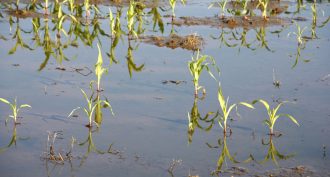 Climate
ClimateArctic sends weird weather south
Arctic warming is affecting weather farther south, where most of the world lives. The impacts are especially worrisome for agriculture.
By Sid Perkins -
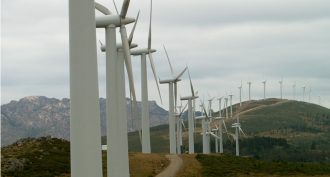 Environment
Environment‘Greener’ energy needed now, group warns
To avoid a looming environmental crisis brought on by global warming, people need to rely more on renewable energy sources. And fast. Without quick action, the world may face a harsh future, warns the latest report from the Intergovernmental Panel on Climate Change.
-
 Chemistry
ChemistryUrine may make Mars travel possible
On Earth, urine is a waste. En route to Mars, it could be a precious renewable commodity: the source of drinking water and energy.
-
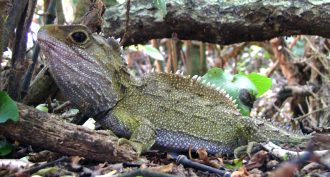 Animals
AnimalsWhen a species can’t stand the heat
When temperatures rise, New Zealand’s tuatara produce more males. With global warming, that could leave the ancient reptile species with too few females to avoid going extinct.
-
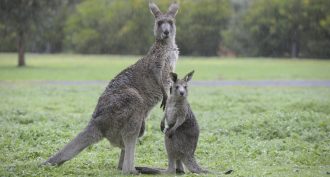 Animals
AnimalsKangaroos have ‘green’ farts
The farts and belches of these animals contain less methane than do those from other big grass grazers. Microbes in their digestive tract appear to explain the ‘roos lower production of this greenhouse gas, a new study finds.
-
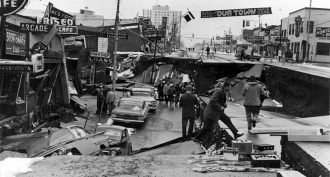 Earth
EarthThe quake that shook up geology
North America’s biggest earthquake struck 50 years ago. Here’s what science has learned about Earth since the 1964 Great Alaskan Earthquake.
By Beth Geiger -
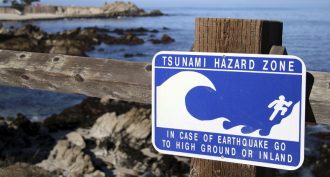 Earth
EarthExplainer: Telling a tsunami from a seiche
Waves that hit coastlines with ferocious power, tsunamis are one of the planet’s most devastating forces of nature. And seiches: They’re tsunamis little, but still potentially deadly, cousins.
-
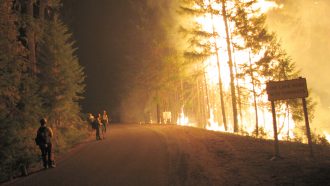 Environment
EnvironmentBurning to learn
Fires cause billions of dollars of destruction to homes and forests every year. But not all fires are bad, especially for forests. With a better understanding of fire, scientists can both help people prevent dangerous fires — and identify which ones it would be better to let burn.
-
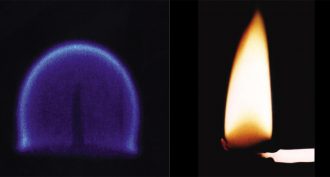 Environment
EnvironmentExplainer: How and why fires burn
A fire’s colorful flame results from a chemical reaction known as combustion.